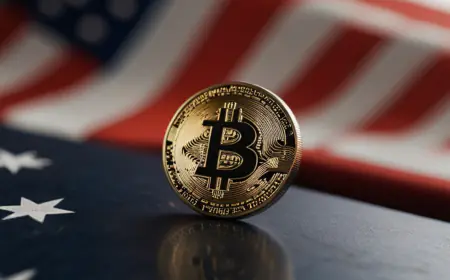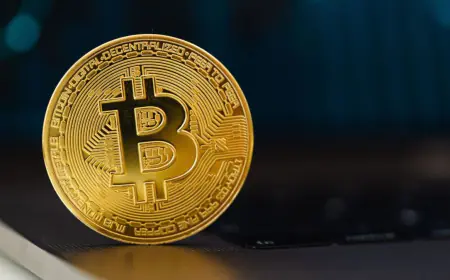Indonesia officially joins BRICS as a full member
Indonesia has officially joined BRICS as a full member, according to an announcement by Brazil’s government on Monday. This makes the Southeast Asian giant the latest addition to the coalition of emerging economies, which now consists of Brazil, Russia, India, China, and South Africa, alongside newer members like Egypt, Ethiopia, Iran, the UAE, and Saudi […]

Indonesia has officially joined BRICS as a full member, according to an announcement by Brazil’s government on Monday.
This makes the Southeast Asian giant the latest addition to the coalition of emerging economies, which now consists of Brazil, Russia, India, China, and South Africa, alongside newer members like Egypt, Ethiopia, Iran, the UAE, and Saudi Arabia.
Indonesia had been eyeing the group for years, pushing to become part of its mission to challenge Western-dominated systems and amplify the voice of the Global South.
The approval came in 2023 during the BRICS summit in Johannesburg, but Indonesia, waiting for political stability after its presidential elections, delayed formalizing its membership. Now, with President Prabowo Subianto in charge since October, the timing finally lined up.
BRICS grows stronger with Indonesia on board
BRICS has been on an expansion spree. Together, the countries represent 37.3% of global GDP based on purchasing power parity (PPP) and are home to over 3.3 billion people.
With Indonesia in the fold, BRICS now boasts some of the fastest-growing economies on the planet, along with a ton of political and economic clout.
Indonesia’s economy is valued at over $1 trillion, and its role in trade, manufacturing, and natural resources makes it a valuable player for the bloc.
Adding to this, Indonesia has been vocal about its support for BRICS’ goals of reforming global governance systems. The statement from Brazil summed it up like this: “Indonesia contributes positively to the deepening of cooperation in the Global South.”
The de-dollarization agenda
BRICS has been working overtime on de-dollarization, to cut ties with the U.S. dollar in trade and financial transactions. One major piece of the puzzle is the “BRICS Bridge,” a blockchain-powered payment system in development.
Think of it as an alternative to SWIFT, designed to allow member countries to settle trade using their own central bank digital currencies (CBDCs). For BRICS, blockchain is a weapon. You see, they’re considering creating a new reserve currency, the “Unit,” backed by a basket of member currencies and possibly gold.
India has already been leading the charge in local currency trade agreements. The country has sealed deals with 22 nations, allowing trade in domestic currencies instead of the dollar. This strategy has picked up steam as sanctions on countries like Russia push them to look for financial workarounds.
Still, there’s a long road ahead. Critics say the dollar’s dominance isn’t going to crumble overnight, no matter how hard BRICS tries. Internal issues like fluctuating currencies, economic disparities, and logistical challenges could slow the pace. But BRICS doesn’t seem to care.
Putin, Trump, and BRICS
Here’s where things get even messier. Vladimir Putin’s Russia has been one of the loudest voices in BRICS, pushing hard for de-dollarization. But now there’s a new wildcard on the table: Donald Trump. His return to the U.S. presidency is expected to shake things up, especially for Russia’s economic plans and BRICS’ overall strategy.
Let’s break it down. Trump’s administration has always been unpredictable when it comes to Russia. While there’s speculation that Trump might seek to cool tensions with Moscow, many in his camp favor tougher sanctions. If Trump doubles down on economic warfare, it could isolate Russia from Western financial systems even more, making BRICS’ de-dollarization efforts even more critical.
For Putin, BRICS is a lifeline. Russia’s economy has been battered by sanctions, with inflation soaring to nearly 30% last year and the ruble losing 33% of its value since August 2024. Oil revenues, once the backbone of Russia’s economy, have plummeted.
Daily earnings from fossil fuels have halved since 2022, while Ukraine’s decision to cut off transit rights for Russian gas to Europe has cost Moscow another $5 billion annually. Despite these setbacks, Russia has been doubling down on BRICS.
For the rest of BRICS, the dynamic between Trump and Putin matters. If Russia faces tighter sanctions, it could accelerate BRICS’ push for alternative financial systems. On the flip side, if Trump opens up new opportunities for Russia, it could give the bloc more breathing room to focus on its long-term goals.
From Zero to Web3 Pro: Your 90-Day Career Launch Plan
What's Your Reaction?









































































































